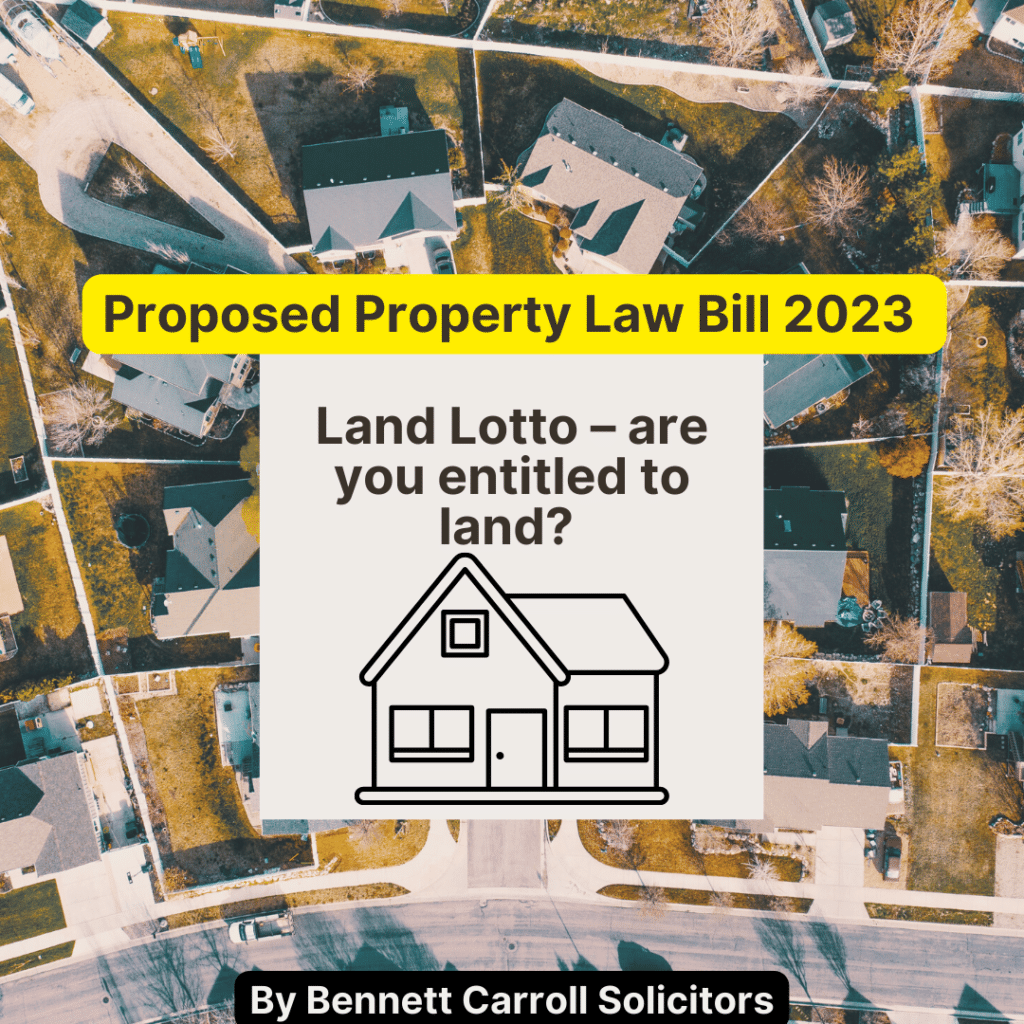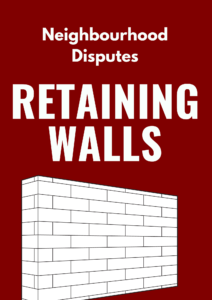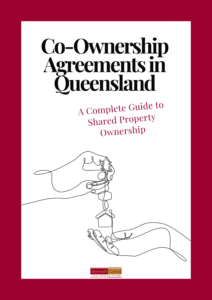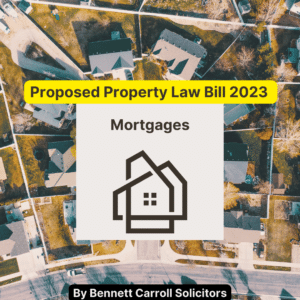It is proposed that the Property Law Bill 2023 will replace the current Property Law Act 1974 (PLA). So what does that mean in regards property ? Below are a few takeaways.
If you die without a will, the government can take your land? Do have a right to any unregistered land? What do you do if the house in your contract is destroyed? What about de facto relationships, where are they in the new Bill?
If you deal with property matters, then it pays to keep up. Knowledge is power in the property industry.
Government ‘ownership’ of land
Intestacy is when a person dies without a valid will. Under common law the ultimate ownership of land is the State under ‘escheat’ i.e. if land is without an owner then ownership devolves to the State. So if a person dies without a will, and there is no one to claim their property, that property can devolve to the State under ‘escheat’’. The same thing can happen when a corporation dissolves or ceases to exist. Confused – read the simplified provisions in the new Bill: sections 17; 18; 240(3)(d); 243.
Unregistered Land
Part 15 of the Bill replaces Part 18 Property Law Act 1974 with a simplified process for notification and registration of unregistered land. Unregistered land (also untitled land) is land that is for sale but does not yet have a certificate of title registered with local councils and official authorities (such as the Titles Office). This is particularly relevant for people buying a home and land package in a new estate—a registered block of land is ready to be built on but an unregistered block isn’t. Construction cannot start on unregistered land until land is registered and building approvals are in place. Developers will be able to tell you if a block is registered or not.
If a request to register unregistered land is made, the Registrar of Titles will give public notice for a two-month period to allow interested parties to claim a legitimate interest in the land (section 225).
If appropriate, the Registrar can hold an inquiry or ask a court for directions. Otherwise, the Registrar will decide, if a person makes a successful claim to the land, that the person should be registered as the owner of the land or whether the land will be declared unallocated state land.
Buyer’s Right to Rescind if Dwelling Unfit for Occupation
Section 64 of the Property Law Act – that a buyer may terminate a contract if the house is so damaged that it is unfit for occupation as a dwelling – has been clarified in section 77 of the Bill.
The buyer must give notice to the seller of their termination before
- settlement
- taking possession of the property
- or the seller rectifying the dwelling so that it is in the same condition it was before the damage or destruction.
- which ever day is the earliest, section 77(2).
If the seller restores the dwelling, notification must be given to the buyer as soon as possible after the restoration is done; the buyer should give ‘reasonable’ notice and inspect to confirm that the dwelling has been restored to the same condition it was in prior to the damage or destruction (sections 77(3) and (4)).
De facto Relationships—Property Settlement
The existing provisions deal with property settlement in de facto relationship. These provisions have been overtaken by the amendments to the Family Law Act 1975 (Cth) which applies to all de facto relationships where the parties have separated after 1 March 2009.
Legal update on the Proposed Property Law Bill 2023
The Property Law Bill (Qld) 2023 was introduced to Queensland Parliament on 23 February 2023 – The Scheme is a significant change to conveyancing in Queensland and it will be vital that people in the industry are familiar with it. The proposed bill is over 120 pages long so we’ve summarised some key points.
- E-Property Laws
- Instalment Contracts
- Land Lotto – are you entitled to land?
- Leases
- Mortgages
- Seller Disclosure Scheme
Please contact us if you have any questions in relation to this matter or if we can assist you with any other legal matter. We have offices across South East Queensland with the capability to work electronically through Queensland and Australia.
Call us on or email and safeguard your interests every step of the way- We are your legal problem solvers.








